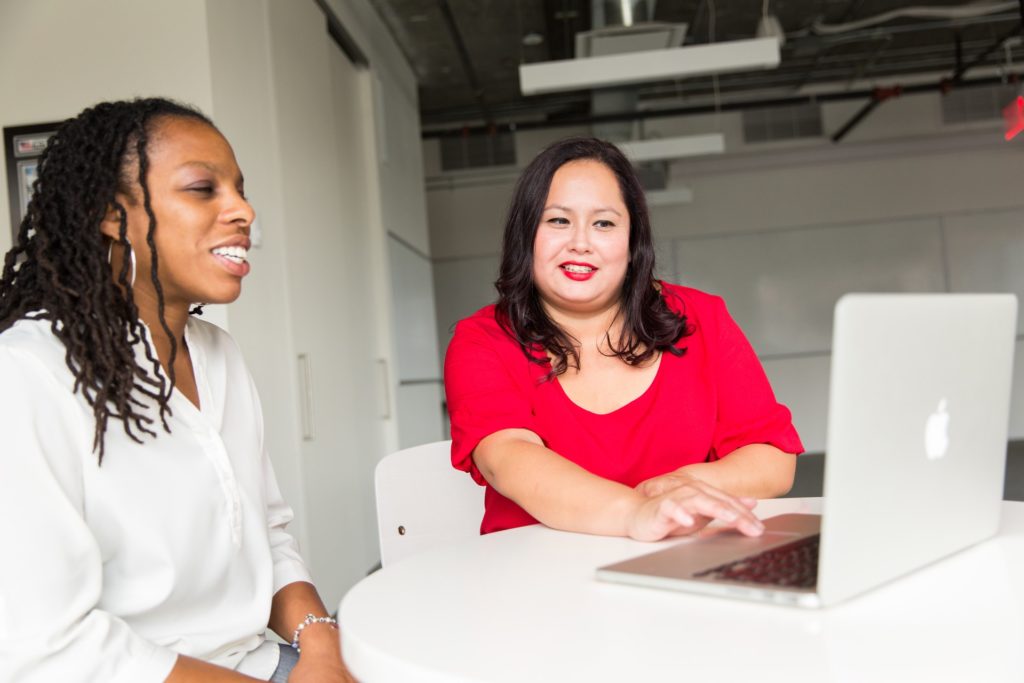
By Yvonne Milosevic
Under the wing of a gifted mentor, the sky’s the limit when it comes to your professional growth. But the mentor-mentee relationship is about much more than passing along advice to help a protégé climb the proverbial ladder.
In one of the largest ever investigations on mentorship, Kellogg School of Management researchers set out to find the secret sauce to determine what makes someone a great mentor.
According to their findings, the most impactful mentors teach students to think independently. In other words, they don’t try to cultivate “mini-mes.” They also discovered that passing along tacit knowledge—not just concrete skills—gives the best results.
What is Tacit Knowledge?
We pick up tacit knowledge through personal experience and context. Think of learning a second language. Or, how to ride a bike or play an instrument. Mentorship is most successful when the mentor passes down intuitive forms of knowledge, the researchers found.
Brian Uzzi, professor of management and organizations at the Kellogg School, says the unwritten knowledge we impart through our interactions and demonstrations with students make a real difference for mentees.
Mentees aren’t just learning concrete skills from their mentors. They’re also picking up how their mentors come up with research questions, how they brainstorm, how they interact with collaborators, and so on—knowledge that is difficult to codify and often learned by doing.
For the study, researchers looked at data from 40,000 scientists to analyze protégé performance over the course of a career. They found that protégés with mentors who excel at providing tacit knowledge are two to four times more successful than peers with mentors who convey concrete skills but not tacit know-how.
Successful protégés also were more likely to pioneer their own research topics, rather than follow in their mentors’ research path. “It’s incumbent upon the mentee to branch out, take their mentor’s tacit knowledge, and do something that breaks new ground,” Uzzi says.
COVID-19 and Remote Mentoring
Almost all of our professional interactions take place virtually nowadays. These researchers worry that remote mentoring in the age of COVID-19 will hinder the transfer of tacit knowledge. And that this loss might have long-term effects. “As far as we know, the fullest transfer of tacit knowledge is conveyed in person,” Uzzi explains. “What this research says to me is that you really want to respect the value of face-to-face interaction.”
Reason number 3,657 we hope this pandemic is behind us soon.
* * *
Now you know what the best mentors do, but what is a sign of a lousy advisor? Read Maybe It’s Time to Ghost Your Mentor to find out.


